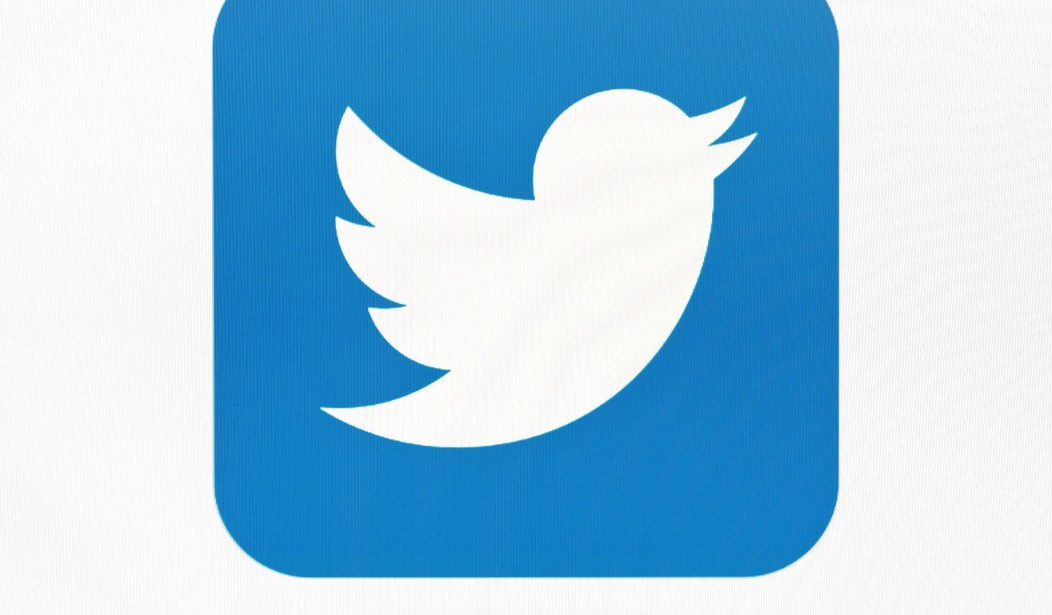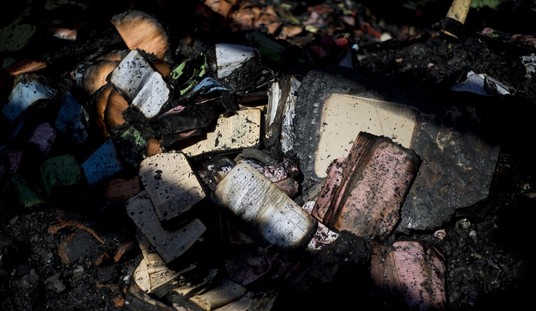I confess I was initially appalled by the name “Twitter” and vowed never to subscribe to a medium that called itself something so ridiculous. Nor could I understand how any self-respecting person would agree to “tweet” like a canary bird, originally in 140 — now in 280 — reductive characters, sometimes culminating in a catena of staggered entries. Indeed, the language was not only parsimonious—how could any serious thought unfold in such a discursive strait jacket?—but for the most part impaired, foul and expulsive, by no means a proper medium of intellectual exchange.
I’ve since softened my stance slightly. Wit, wisdom, and useful dissenting opinion are sure to be found there, though you may have to search for it. And given the vast extent of media censorship and outright lying, Twitter remains one of the few outlets for Donald Trump to address the people. In this sense, Twitter can be considered a resource. But its advantages, in my estimation, are mitigated by the deleterious impact, especially in the boosting effect it gives to the worst aspects of human nature, facilitating the volume and amplification of spiteful messages and revolting comments, low-information posturing, rudimentary language, and outright vulgarity.
If one wants a barometer reading of a culture in the full flood of terminal decadence, one need only spend an hour or two on Twitter. One can observe the lynch mobs on the march. One can note the collective pageant of the mentally deficient in full array. One can see how depravity manifests as self-righteous exhilaration. One can remark how language is debased in the expression of banausic sentiment, rendering “our thoughts foolish,” as George Orwell lamented in Politics and the English Language, leading ultimately, as Orwell feared, to a “general collapse.”
The living dead who emerge from the catacombs of the Twittersphere signal the end of reasonable debate and discussion in a culture gone morbid. Nor is it surprising that the lion’s share of mean, ignorant, and vindictive commentary emanates from the left. As Thomas Sowell points out in The Vision of the Anointed, the vision of elitist superiority is the property of the left and almost always involves the demonizing of its opponents. The inhabitants of Twitterland—or a significant majority of them—have found the digital space in which they can mobilize, hoist their banners, shout their slogans, and prepare their onslaught of abuse, slander, and defamation against innocent targets. (Admittedly, the right is not immune to such depravities, but they constitute a far lesser part of the zombie apocalypse.)
To take only a sparse handful of instances of the general contagion, I recently came across a tweet from award-winning social worker Kristina Agbebiyi (who tweets under the handle @sheabutterfemme), which declared, “Hating men isn’t a meme for me. It’s not an online persona. It’s a commitment. It’s a way of life.” Agbebiyi’s tweet chalked up 190,000 likes and was retweeted 40,000 times. Incongruously, she describes herself in her profile as a “total sweetie,” one of whose passions in life seems to be to taunt MRAs (an acronym for Men’s Rights Activists) and white males in general.
A frequent recipient of obscene tweets is the president himself, such as “some **shole in the f——White House.” Victoria Fierce’s use of sexual and excremental obscenities targeting VP Pence earned her merely a 12-hour timeout, though her followers could continue to see her tweets. Sex therapist and psychologist Bettina Arndt, a crusader for men’s issues and recipient of the Order of Australia, has lately been the object of innumerable nasty and tasteless tweets by radical feminists and their supporters. The University of California’s Reza Aslan tweeted of amiable Covington kid Nick Sandmann, “Honest question. Have you ever seen a more punchable face than this kid’s?” The University of Ottawa’s Amir Attaran shamelessly gloated over the anguish of Jordan Peterson, whose wife was diagnosed with cancer and who himself recently suffered a near brush with death.
A master of sophisticated eloquence, CUNY’s Karl Steel tweeted of Catholic scholar and medievalist Rachel Fulton Brown, a close friend of Milo Yiannopoulos: “There’s hooking a wagon to a star, and then there’s Rachel Fulton Brown, who’s hooked her dungcart to Milo’s asshole.” (The memorable expression from Emerson’s essay “Civilization” is “hitch your wagon,” not “hook.” As an English prof, Steel should know.) The University of New Brunswick’s intemperate Matthew Sears referred to members of campus free-speech clubs as “vile little sh*tlords” who should be exposed as “the hateful pathetic wretches they are.” Such toxic emissions are standard Twitter fare—lavishly purveyed by leftists and academics.
Twitter may well be a data resource and a meeting place for a small platoon of decent and thoughtful people, but so long as it gives its members license to be their worst selves, it cannot be a force for good. The mass of its users remains deficient in the art of courteous exchange, the practice of rational deliberation, the exercise of linguistic decorum and competence, and the habit of emotional restraint. Moreover, as is consistent with the ideological contamination inherent in leftist sentiment and doctrine, Sowell’s “anointed” are convinced of their moral exaltation and feel justified in demeaning rather than debating with their opponents. And when these degenerates aren’t writing, they are, as noted, busy doxxing, demonstrating, and mobbing.
Twitter is both a cause and an effect of a culture gone infirm, a phenomenon so massive and widespread that one despairs of a cure. It makes one long for the classical maturity we have forfeited to our devastating cost. Sad to say, but exposure to Twitter can leave one feeling that an asteroid has hit the planet, wiping out almost all vestiges of intelligent life. Thank the Lord for the saving remnant, which allows for pockets of sobriety and a glimmer of hope for cultural health. Perhaps all is not entirely lost. To paraphrase Waylon Jennings, it may be crazy to think so but it keeps us from going insane.
————–
David Solway’s latest book is Notes from a Derelict Culture, Black House Publishing, 2019, London. A CD of his original songs, Partial to Cain, appeared in 2019.










Join the conversation as a VIP Member